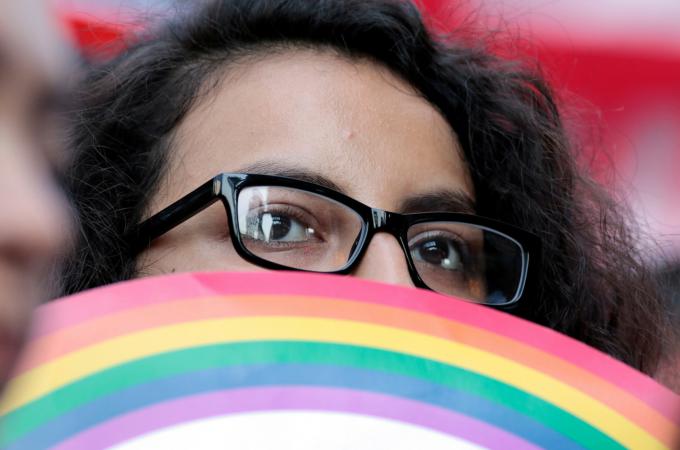Speak up for the Dreamers
At Catholic Charities, our mission to help those in need often leads us to work closely with those who have immigrated to the United States in search of a better life. Through our work with immigrant communities, it has become clear that comprehensive immigration policy reform is necessary on a national level. While some believe that employment based immigration policy is best, we as an organization, and I personally, support legislation that takes a familial approach to immigration.
Recently, President Trump has announced that he will repeal President Obama's Deferred Action for Childhood Arrivals policy, or DACA, which allows some immigrant individuals who entered the country as minors to receive a renewable two-year period of deferred action from deportation and eligibility for a work permit. As part of its decision to rescind DACA, the administration has urged Congress to pass legislation that would allow DACA recipients a path to permanent residency. However, if Congress fails to act within 6 months, families will be torn apart and lives upended. Not to mention the financial loss to the economy as 89 percent of DACA recipients work and pay taxes.
Today I join Pope Francis, Cardinal Sean O'Malley, the U.S. Conference of Catholic Bishops, and many others in publicly opposing President Trump's decision.
How did we get to this point where 800,000 people might now be at risk of removal from the only country they call home? We are here today because current immigration laws do not reflect reality. Our current immigration laws have kept families apart for decades. Families deserve to be together no matter their country of origin, race, religion or ethnicity. We have immigration policies with no emphasis on retaining family structures. Thus, creating the impetus for parents to illegally bring their children to this country, as it becomes their only means to keep their family together. I often ask myself, as a mother of two, what would I do if the only way to feed my children and ensure they have the basic necessities of life was to leave my home and migrate?
There are 8,000 DACA recipients in Massachusetts and most live within our archdiocese. Most were 2, 4, or 6 years old when their parents brought them to Boston. They did not have a say in their decision to come to this country and have little or no family remaining in their country of origin to whom they could return. These children took a risk and came out of the shadows to apply for DACA. They met a long list of requirements and went through security background checks. They must have come to the United States before their 16th birthday. They must have been born after June 15, 1981. They must have lived continuously in the United States since June 15, 2007. They must have completed high school or earned a GED. They must have been honorably discharged from U.S. military service, or be enrolled in school. And, if they are convicted of a felony or misdemeanor, they did not qualify for DACA.
Once a young person receives DACA, she is not able to bring family members to U.S., she is not eligible for public benefits and she is not on a path to permanent residency. What she does have is protection from deportation, as long as she does not commit a crime. She is able to come out of the shadows and live in less fear of deportation to a country she does not know. She pays $495 every two years to maintain DACA status and a valid work permit.
The repeal of DACA without certainty that Congress will pass a law to ensure these young people are not expelled from the U.S. is a step in the wrong direction. However, there is a window of opportunity: from now until March 5, 2018, you can raise your voice to your legislators and urge them to pass a law that permanently protects the Dreamers. If you are inspired to take action, you can join the USCCB's Justice for Immigrants Campaign and make calls to elected officials. You can let them know that you support families, fairness and the American Dream.
- Deborah Kincade Rambo is president of Catholic Charities of the Archdiocese of Boston.



















